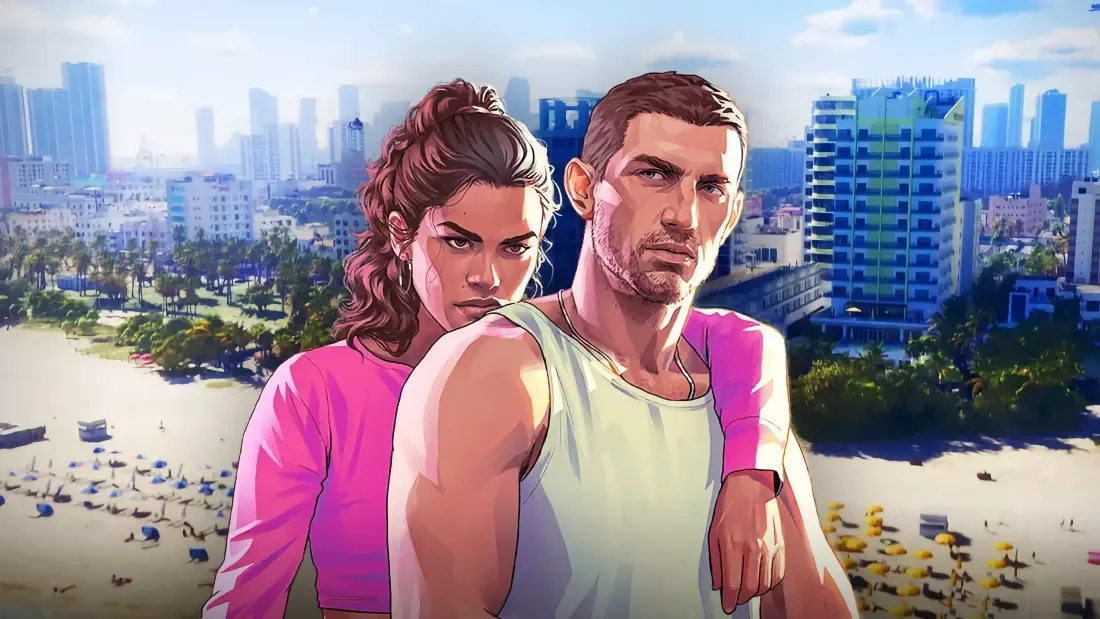The Lasting Impact of Grand Theft Auto on Hip-Hop Culture
Written by Malik Perkins
June 30th, 2025
As anticipation builds for the long-awaited release of Grand Theft Auto VI, expected in 2026, it’s worth stepping back to consider the cultural gravity of the GTA series—particularly its deep and enduring relationship with hip-hop. For more than two decades, GTA hasn’t just reflected the evolution of the genre; it has actively shaped it, offering a platform where music, narrative, and street culture intersect in a way few other mediums have managed.
When GTA: Vice City arrived in 2002, it did more than immerse players in a sun-soaked, neon-lit parody of 1980s Miami—it introduced an entire generation to hip-hop history through the car radio. At a time when access to older music required more effort, players found themselves absorbing tracks by Grandmaster Flash, Mantronix, and Run-D.M.C. while tearing through the city’s streets. These moments stuck, creating lifelong associations between classic records and digital memories. For many, GTA was not only entertainment; it was education.
As the series evolved, so did its approach to music. Rockstar’s in-game radio stations became characters in their own right, each one thoughtfully curated to evoke a specific regional and temporal identity. With real-world DJs like Funkmaster Flex, DJ Pooh, and Stretch Armstrong lending their voices, the stations felt grounded and authentic. In San Andreas, the West Coast G-funk of the early ’90s became the heartbeat of the game, echoing the dominance of Death Row Records and the cultural pride of Compton. By the time GTA IV arrived, the tone had shifted; its soundtrack reflected a colder, post-9/11 New York—industrial, introspective, and unflinching. And GTA V, set in the fictional sprawl of Los Santos, offered a soundscape that mirrored the chaos and creativity of the 2010s, blending modern West Coast rap with internet-born alt-hip-hop and featuring artists like Kendrick Lamar, A$AP Rocky, and Tyler, the Creator.
Beyond just reflecting the sound of an era, GTA became a launchpad. A single track placement could elevate an artist from relative obscurity to widespread recognition. Jay Rock’s “Hood Gone Love It,” used prominently in GTA V’s marketing, is a clear example of the game’s ability to amplify artists. Rockstar’s choices weren’t based solely on commercial appeal—they reflected a deep understanding of mood and message. These weren’t background tracks; they were integral to the storytelling. Driving through Blaine County at night with Schoolboy Q playing didn’t just feel cinematic—it felt intentional.
The influence extended far beyond music. GTA helped shape hip-hop’s visual language. Its iconic font, artwork, and aesthetic have been imitated in mixtape covers, merchandise, and music videos. The Rockstar “R” logo itself became an emblem in streetwear. The gritty realism, the stylized menus, even the way characters moved and dressed—GTA’s world-building set a tone that many artists and fans carried into the real world.
Now, with GTA VI on the horizon, all eyes are on what comes next. Early rumors suggest a return to a Vice City–inspired setting, this time in the modern era. The possibilities are vast. Will the game reflect the current dominance of Southern hip-hop? Will it tap into the rising global influences of Latin trap, UK drill, or Afrobeats? Given Rockstar’s history, the soundtrack won’t just mirror the moment—it will likely help define it.
What makes GTA unique is its ability to blend world-building with cultural curation. It has never treated music as an afterthought. Its soundtracks are woven into the narrative fabric of the games themselves, carrying emotional weight and reinforcing a sense of place. The series doesn’t merely follow trends; it archives them. In doing so, it preserves pieces of hip-hop history that players internalize without even realizing it.
Few games have left a lasting mark on music. Even fewer have influenced the culture around it. As we look ahead to GTA VI, it’s not just the gameplay that fans are waiting for—it’s the next soundtrack to their lives.

